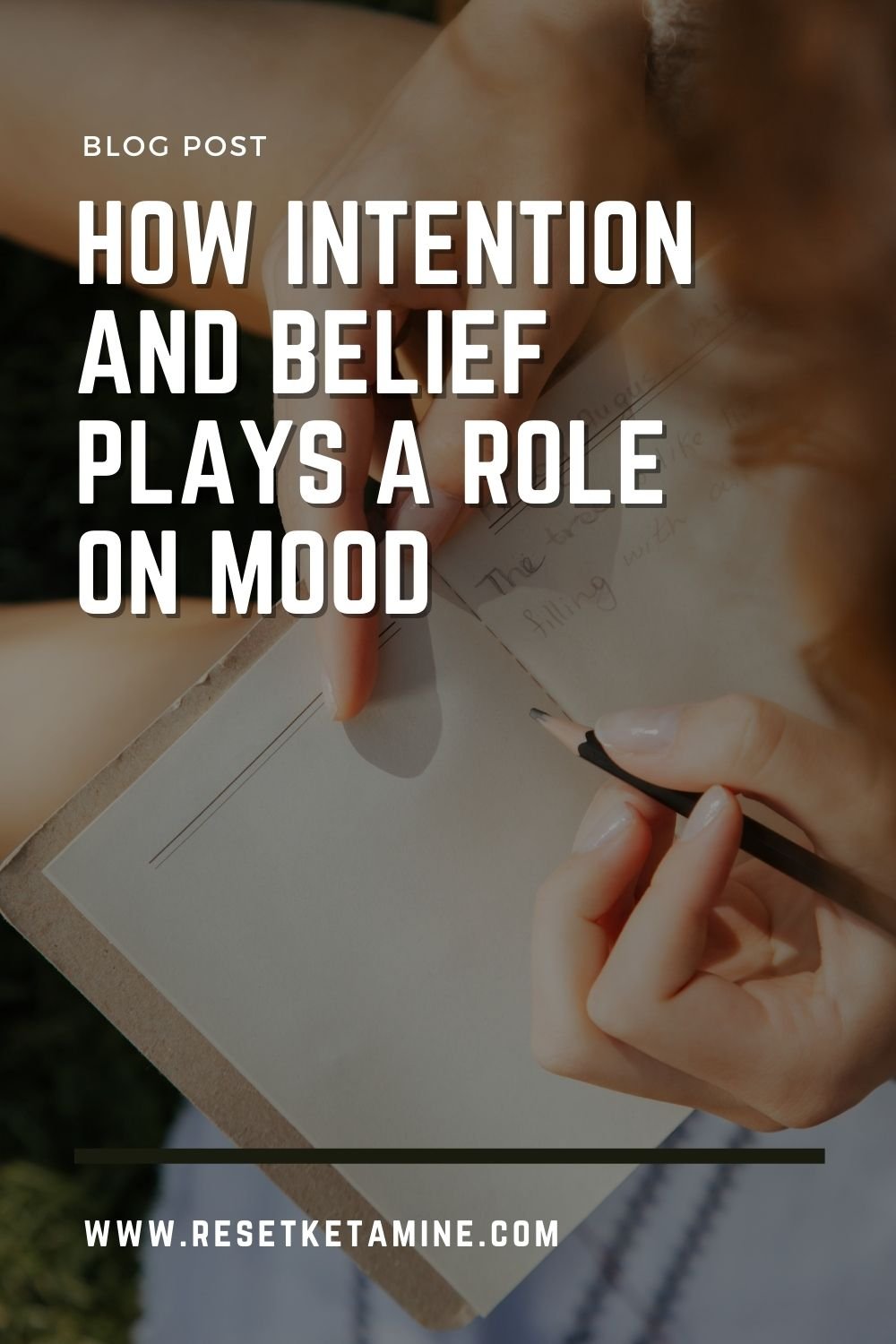Have you wondered why homemade meals can sometimes be more emotionally satisfying compared to restaurant or fast food? For example, when you’re sick and your caretaker prepares a hot soup for you with homemade ingredients, it can make you feel better compared to soup from a can. A 2013 study took that concept and hypothesized: Is it possible to improve mood with tea that was prepared with a belief and an intention?
Researchers are exploring how the ingredients in a cup of tea can lift mood, improve focus and perhaps even ward off depression and dementia.
This randomized trial was conducted in Taiwan, where the culture treats tea differently compared to others. Researchers took 189 volunteers and had them fill out various questionnaires, recording their mood as well as measuring personality and other mental health traits. Then, the participants were given tea at various times of the day for seven days. One random group was given tea that had been intentionally treated by 3 Buddhist monks; the other group was given tea that had been untreated. These groups were unaware of what tea they were receiving, as is the nature of the double-blind, randomized condition of the study.
The results were fascinating! Participants who drank treated tea experienced a substantial increase in mood compared to those who drank untreated tea. Furthermore, participants who believed they were drinking treated tea had a much better increase in mood compared to those who did not believe. In other words, regardless of whether the tea was treated or not, if the belief was that the tea was treated, there was an improvement in mood. However, the greatest improvement in mood came to participants who both believed they were drinking treated tea and were in fact drinking treated tea. This suggests that both the intention set by the Buddhist monks and the belief of the participant contributed to the greatest positive change in mood.
You should remember that your thoughts before, during and after a treatment should remain in a neutral or positive state. It is essential for your health to feel better as a result of your treatment. We create or alter our own health by the way we think.
At Reset Ketamine, we believe in the healing power of belief and intention. By administering ketamine intravenously, we are providing a physiologically and neurochemically evidence-based treatment. Yet, we strive to make it even more effective by having both patient and staff set an intention before treatment begins; this plays a critical role in the “set and setting” of the infusion. A healthy, wholesome and genuine intention to heal can serve you throughout your ketamine experience!








![44 Books to Enhance Your Healing and Growth [2024 Update]](https://images.squarespace-cdn.com/content/v1/5a8dfbc1cf81e0fb77ead442/1533662865639-P70482VR8ZQIDERLRJI6/blur-books-close-up-159866.jpg)





Dr. Ko shares an unexpected lesson from building a 570-piece Lego set with his daughter: tackling hard challenges makes everything else feel easier. Drawing parallels between complex Lego builds and the discomfort of stepping outside our comfort zones, he explores how facing difficult experiences - whether in life or during ketamine therapy - expands our capacity to handle future challenges. Learn why embracing the hard moments during treatment can lead to breakthroughs and make daily life obstacles more manageable.